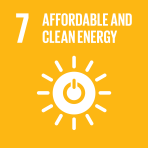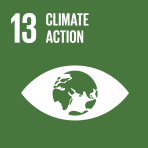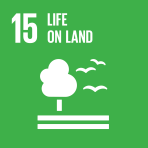Global Set of Climate Change Statistics and Indicators: Implementation Guidelines

Abstract
The Guidelines are meant to support countries in implementing the Global Set of Climate Change Statistics and Indicators (hereafter referred to as the Global Set) developed by the United Nations Statistics Division (UNSD) in close collaboration with the secretariat of the United Nations Framework Convention on Climate Change (UNFCCC) and the Expert Group on Environment Statistics (EGES). The United Nations Statistical Commission (hereafter referred to as the Statistical Commission), at its fifty-third session in 2022, adopted the Global Set of Climate Change Statistics and Indicators as the framework for climate change statistics and indicators to be used by countries when preparing their own sets. Similar to the Basic Set of Environment Statistics in the Framework for the Development of Environment Statistics (FDES), the Global Set is a statistical framework which is comprehensive, but not exhaustive, and designed to support countries according to their individual needs, concerns, priorities and resources. The Guidelines for the implementation of the Global Set aim to help countries improve the monitoring of climate change, its impacts and response actions by better informing the national climate policy authorities about the benefits of official statistics and by guiding the NSO to better engage in the area of climate change. The Guidelines refer to the relevant frameworks, methods, guidelines, handbooks, etc. which will assist the closer engagement on both sides. The Guidelines specify the key steps needed to set up national processes to produce climate change statistics in response to national policies while striving to improve the comparability of data internationally. This will also promote the links between statistics and policy-making, and thus contribute to better monitor the evolution of climate change, as well as the way countries progress toward its mitigation and adapt to its adverse effects.




